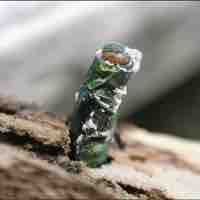Chapter 24
Fungi
By Boundless
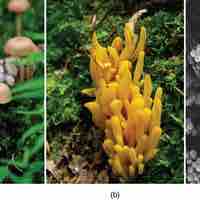
Fungi, latin for mushroom, are eukaryotes which are responsible for decomposition and nutrient cycling through the environment.
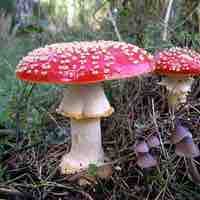
Fungi are unicellular or multicellular thick-cell-walled heterotroph decomposers that eat decaying matter and make tangles of filaments.
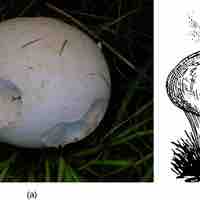
Fungi can reproduce asexually by fragmentation, budding, or producing spores, or sexually with homothallic or heterothallic mycelia.
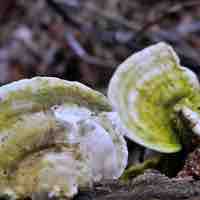
Fungi are the major decomposers of nature; they break down organic matter which would otherwise not be recycled.
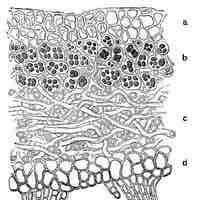
Members of Kingdom Fungi form ecologically beneficial mutualistic relationships with cyanobateria, plants, and animals.
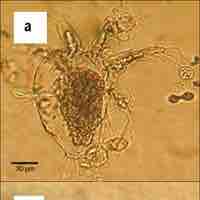
Chytrids are the most primitive group of fungi and the only group that possess gametes with flagella.
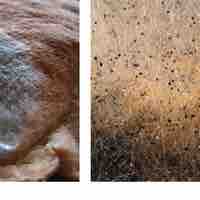
Zygomycota, a small group in the fungi kingdom, can reproduce asexually or sexually, in a process called conjugation.
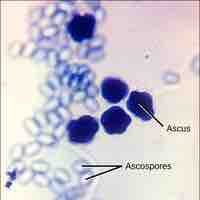
Most fungi belong to the Phylum Ascomycota, which uniquely forms of an ascus, a sac-like structure that contains haploid ascospores.
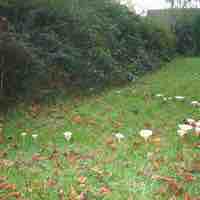
The basidiomycota are mushroom-producing fungi with developing, club-shaped fruiting bodies called basidia on the gills under its cap.
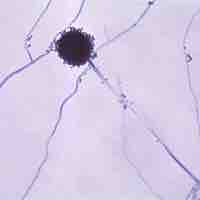
Phylum Deuteromycota is a polyphyletic group of asexually-reproducing fungi that do not display a sexual phase; they are known as imperfect.
Glomeromycetes are an important group of fungi that live in close symbiotic association with the roots of trees and plants.

